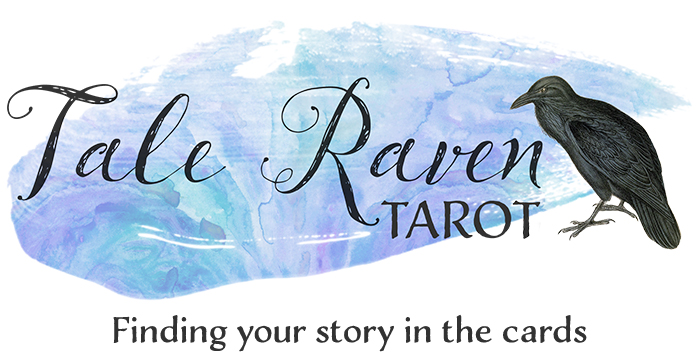This is the fourth post in my series on lessons for moving past creative blocks from the Five cards in the Tarot.
In this series, I'm sharing lessons from the Five cards in the Tarot—the Five of Swords, the Five of Wands, the Five of Cups, and the Five of Pentacles--and telling you the specifics of how I moved beyond setbacks in my writing career.
My book Call Me by My Other Name is a novel in verse, based on the lives of two people assigned female at birth who lived as husband and wife in the rural Midwest in the late 19th century. It's a queer narrative and a trans narrative told in three voices, Gertrude, the feminine partner, Frank/Anna the masculine partner, and a meta-poetic third narrator who ties the past to the present. It's about marriage and relationships and gender and queer desire and love. Written over the course of ten years, a lot happened in regards to LGBT rights in that time, and yet discrimination remains.
Read the first three posts in the series.
The Five of Pentacles
This card feels really scary, because it's about being rejected, excommunicated, cut off from accessing financial success. We can beat our hands against the doors of the systems we want access to, but the door won't open, and we'll end up with bloody hands.
For six years, I sent my manuscript to book contests, spending thousands of dollars I didn't have trying to access elite presses and contests hoping to achieve some poetry fame. People told me they liked my work, so why was I always a bridesmaid, never a bride? This can feel particularly painful if you're watching friends and peers succeed and gain the accolades you so desperately want.
Eventually, though, I stopped wasting my money on contest fees, and focus on explicitly queer or queer-friendly presses. I took editors' advice and put CMBMON aside, while I put together a new "first book" manuscript from all the poems that I'd been writing through the years that didn't fit into CMBMON. And most importantly, when I was ready to submit again, I sent my work to Sibling Rivalry Press, a very new at the time small press based in Arkansas that focused on texts that "disturb and enrapture." The publishers were queer, and they'd published several excellent queer books. I sent my work there, and they ended up published both of my books, in 2014, and 2016. I've never regretted that decision, and it turned out that I didn't need a big fancy poetry press to win a Lambda Award, which had been a dream of mine since I was a baby poet.
When you are going through what I like to call a "Five Time," experiencing a scenario that resembles one of these cards, it can be so difficult to see beyond the pain of the current moment. I have time and distance to allow me to reflect on all of this, but if you'd tried to tell me to be positive and think differently six years ago, I would have just kept on crying. It's important to look for the lessons embedded in these cards in order to see how to move forward, and there are very concrete next steps you can take in each case, it just requires a step back, and some difficult, honest examination of what's working—and what's really not in your work.
If you'd like to learn how tarot can help you move through a tough time in your creative work, book a reading with me.
Deck used: Rider Waite Smith, published by U.S. Games Systems.


